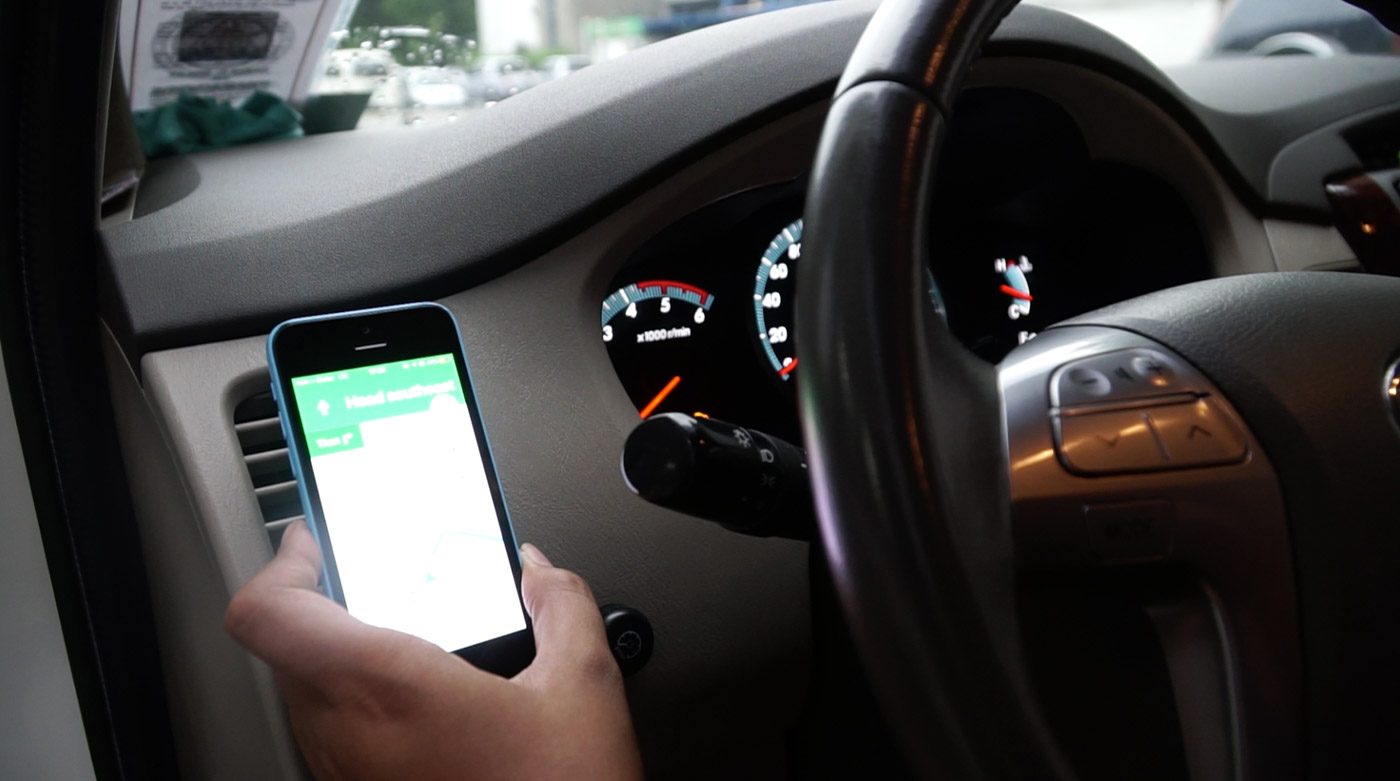SUMMARY
This is AI generated summarization, which may have errors. For context, always refer to the full article.

MANILA, Philippines – The Department of Transportation (DOTr) on Wednesday, June 14, released the revised implementing rules and regulations (IRR) of Republic Act 10913 or the Anti-Distracted Driving Act.
This comes more than 3 weeks since the implementation of the law was suspended after motorists complained about confusing guidelines on the allowed placement of electronic devices and how authorities defined “line of sight.”
Though intended to make Philippine roads safer, the law, which bans the use of mobile phones and other electronic gadgets while driving, initially ended up generating more questions than answers.
How do other countries deter distracted drivers from going behind the wheel? Here’s a look at some of the anti-distracted driving laws around the world.
Singapore
In Singapore, it is illegal to use a mobile communications device while driving. By “use,” the law means “to hold it in at least one hand while operating any of its functions.”
Drivers can’t send text messages, make phone calls, or browse online when the car is in motion. First-time offenders can face fines of up to $1,000 or jail time of 6 months.
Japan
Japan also has a similar law which states that a driver of a motor vehicle “shall not, unless the motor vehicle, etc is stopped, use any wireless communication equipment.”
Argentina
In Buenos Aires, Argentina, a law was passed in 2007 that bans drivers from writing or reading text messages as long as the vehicle is in motion. Violators not only face fines, but are also penalized based on a point system in which points will eventually lead to the revocation of their license.
United States
In the US, 46 states plus the District of Columbia ban texting while driving, according to a CNN report. But this ban is only a secondary law in 5 of the states (Florida, Iowa, Nebraska, Ohio, and South Dakota), which means drivers who are texting while driving can be penalized only if they are also seen committing a primary offense, such as speeding.
There are also rules in several US states specifically aimed at particular groups.
According to a report by the World Health Organization, 28 of 50 states in the US prohibit the use of both hand-held and hands-free devices among novice drivers. In 18 states, school bus drivers are also prohibited from using mobile phones when their passengers are present.
United Kingdom
The UK has toughened up its penalty system for distracted drivers, with new laws passed last March.
Those caught using mobile devices while driving will face fines of £200 and 6 points on their license – double the previous penalties.
Someone who has been driving within the first two years of getting his or her license can also have his or her license revoked if caught violating the new rules.
Portugal
Following the lead of several other countries, Portugal extended the coverage of its distracted driving law to include banning even wireless handheld devices under threat of a 600-euro fine.
Sweden
For a country with a good road safety record, Sweden does not ban the use of phones while driving. Instead, its initiatives are focused on raising awareness of the risks of distracted driving.
The Philippines can take cues from other countries’ tough anti-distracted driving laws.
If the revised IRR can address motorists’ concerns, then the law could change the local driving environment for the better. – Carlos Victa / Rappler.com
Carlos Victa is a Rappler intern.
Add a comment
How does this make you feel?





There are no comments yet. Add your comment to start the conversation.